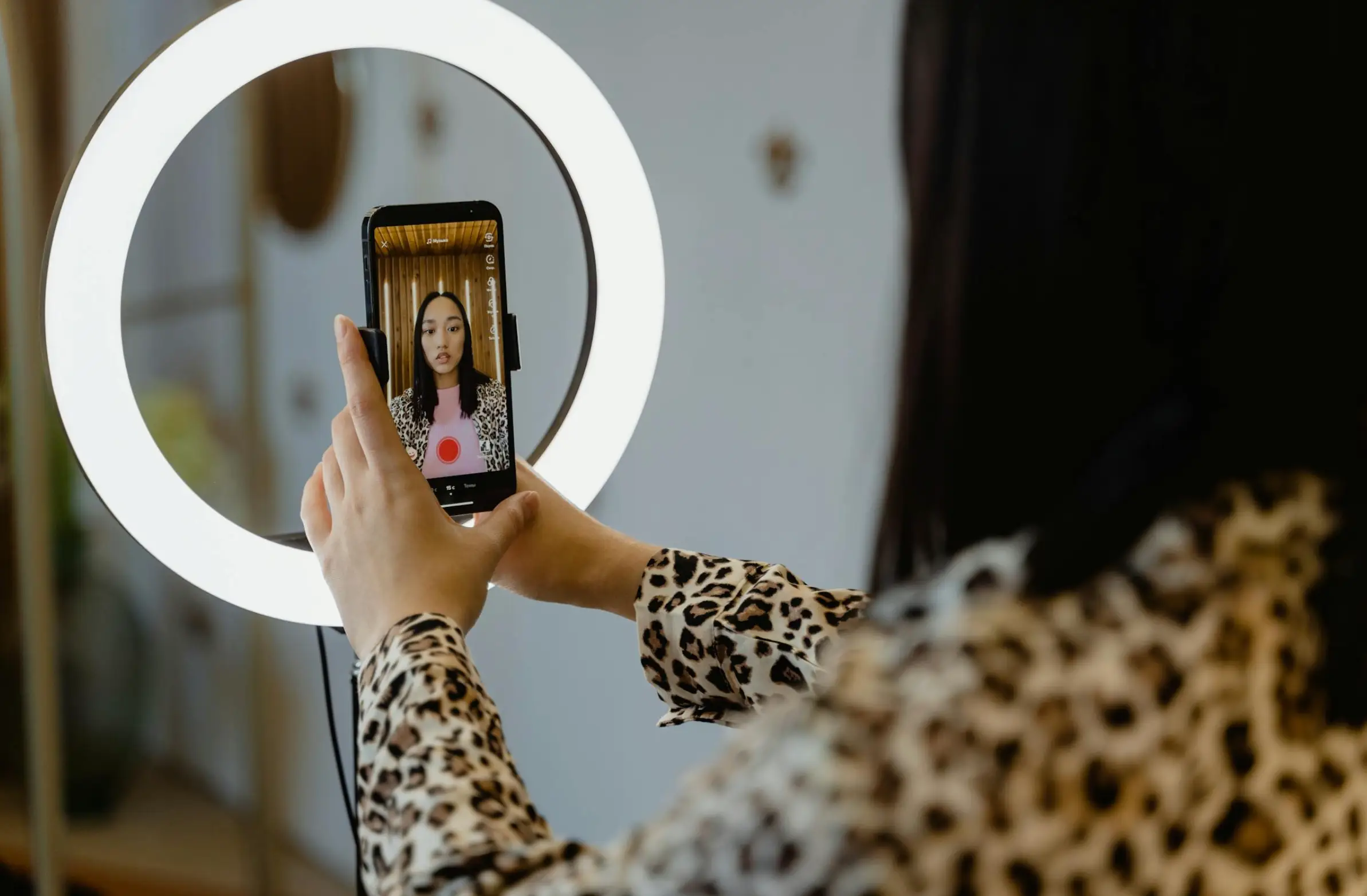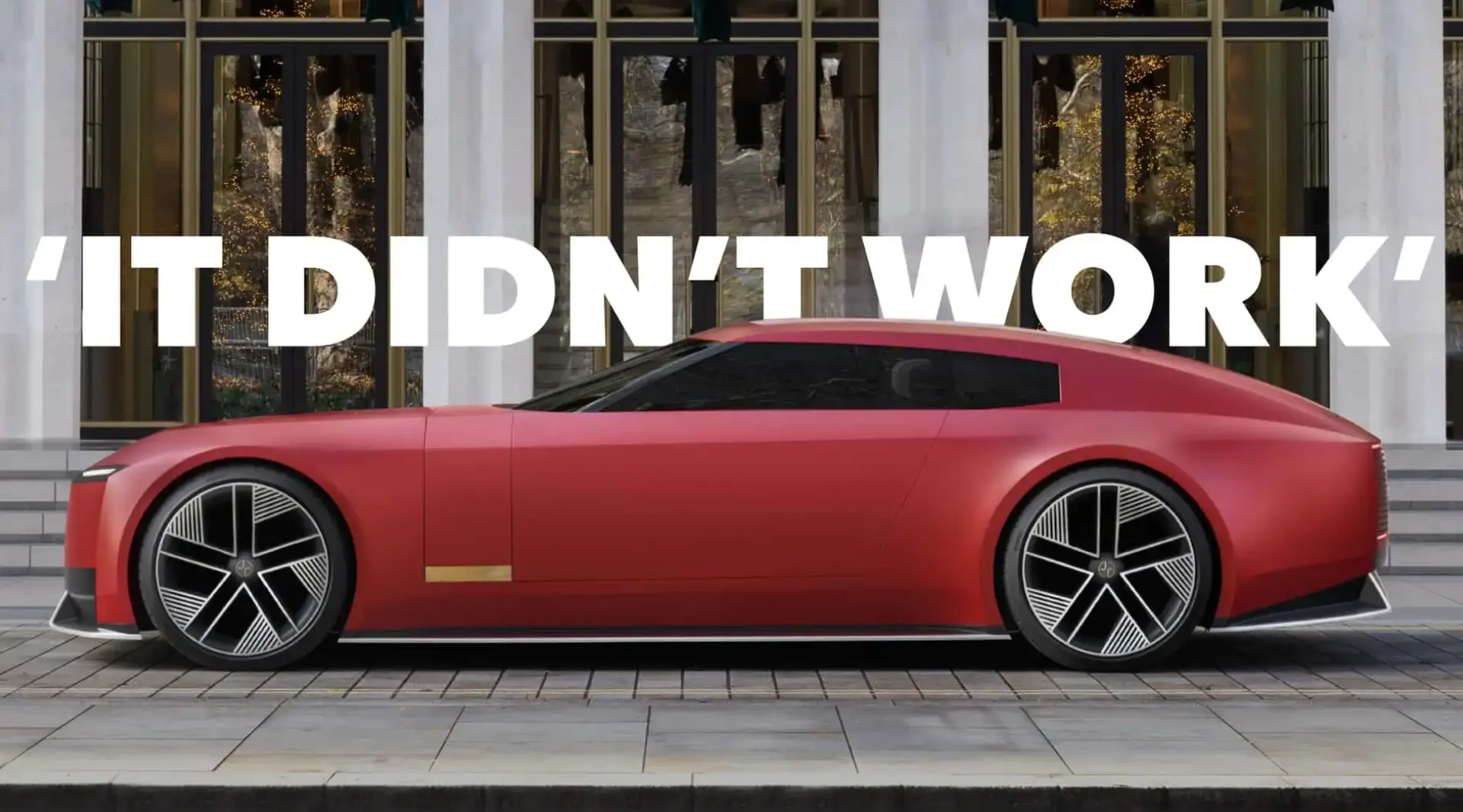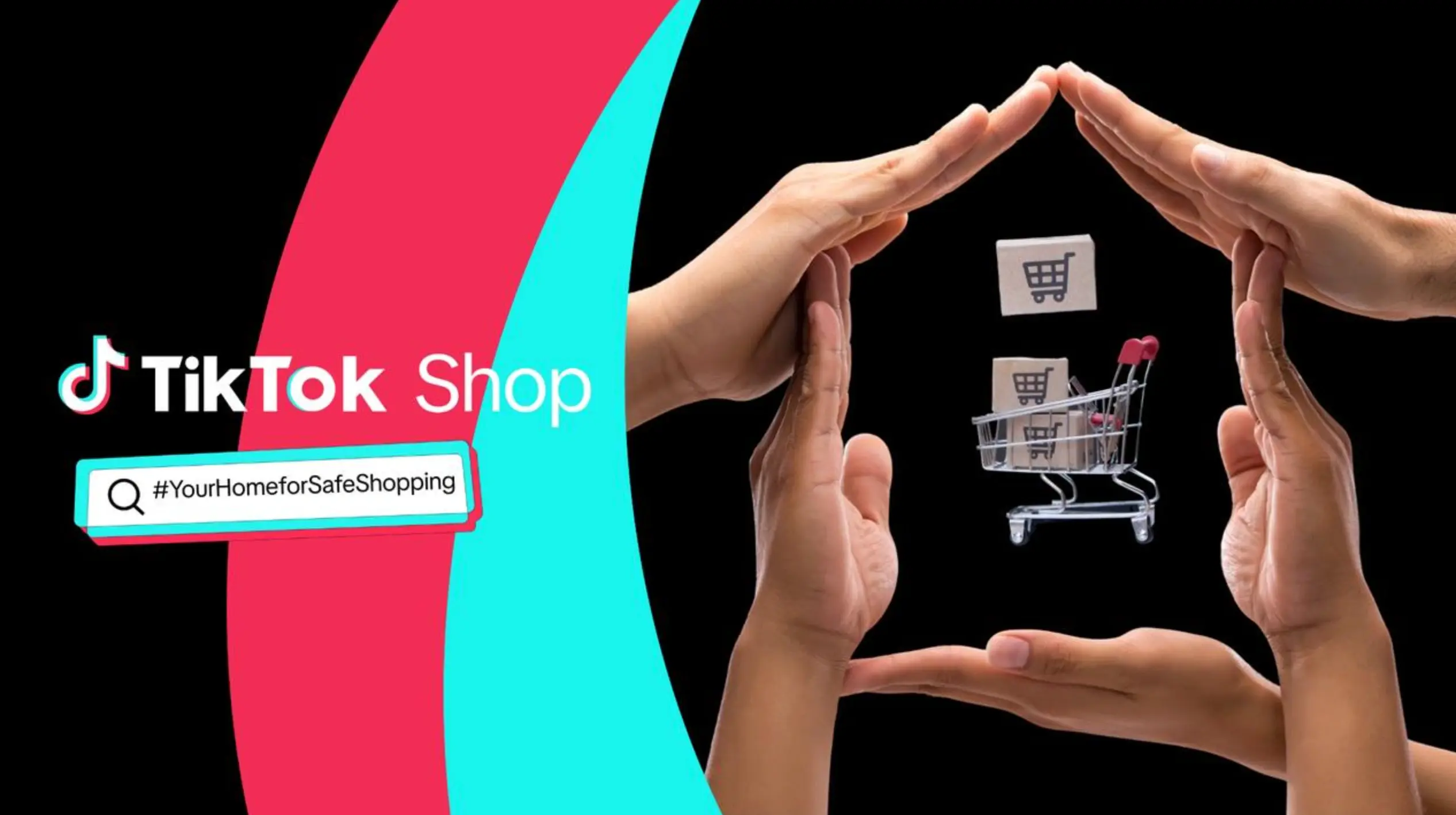This Is Why Unconventional Brand Collaborations Work
Updated on
Published on

Brands are breaking away from traditional norms to explore unconventional and surprising collaborations. The days of predictable partnerships, akin to the classic combination of peanut butter and jelly, are giving way to unexpected and occasionally peculiar alliances. This paradigm shift suggests that, when aligned with modern audiences, sensationalism can lead to extraordinary success. From Hello Kitty gracing Dodgers Stadium to a viral bologna face mask collaboration between Oscar Mayer and Seoul Mamas, these odd pairings are proving that what may seem strange at first can become a direct avenue to success.
1. Breaking the Mould

The essence of brand collaborations is transforming. No longer confined to mundane and expected partnerships, brands are opting for excitement and unpredictability. Hello Kitty, a beloved character with a strong and loyal following, found an unexpected home at Dodgers Stadium. While odd on the surface, the collaboration garnered headlines and sparked interest. The lesson here is that both brands, despite their apparent differences, exude freshness and energy, making the partnership a delightful surprise for their audiences. Similarly, the collaboration between Oscar Mayer and Seoul Mamas birthed a peculiar yet captivating product: a bologna face mask. As unconventional as it may seem, the meat-themed mask sold out on Amazon in record time. This bizarre success highlights the potential of collaborations that tap into consumer curiosity and a willingness to try something new. It's a testament to the idea that, in the world of marketing, the unexpected can often be the most successful.
2. Alignment and Relevance: The Core Components
While the allure of unconventional collaborations is apparent, success hinges on certain critical elements. One such element is alignment. Successful collaborations require at least a thread of connection between the products or brands involved. Clinique's venture into crayon-inspired lipsticks and ColourPop Cosmetics teaming up with the anime series Naruto exemplify collaborations where a commonality exists in their artistic and vivid expressions of colour. The alignment goes beyond the physical product and extends to shared values and aesthetics, resonating with a specific target audience. The wacky bologna face mask, though peculiar, aligns with the values of Oscar Mayer and Seoul Mamas, capturing the essence of novelty and uniqueness. In these collaborations, baseline values, target audiences, or organizational purposes align, ensuring that the partnership is not just a gimmick but a genuine connection that consumers can relate to.

3. NASA and Prada’s Lunar Partnership
Brands are increasingly capitalizing on trends and cultural moments to create impactful collaborations. One such futuristic collaboration is the partnership between NASA and Prada. With NASA's Artemis 3 moon mission scheduled for 2025, astronauts are set to don Prada-made designer gear. While the average consumer may not be donning Prada-engineered suits, the collaboration has generated substantial media attention. This quirky partnership taps into the collective excitement surrounding space exploration, creating a unique intersection of high fashion and scientific advancement. It underscores the notion that, by leveraging current events, brands can create collaborations that resonate with the zeitgeist.

4. Target Audience Alignment: A Crucial Element
For brand collaborations to thrive, alignment with the target audience is crucial. Smart collaborations often have limited runs, creating a sense of urgency and exclusivity. The Peeps-flavored Pepsi collaboration is a notable example. The limited availability of the product generates a fear of missing out (FOMO) among consumers, prompting them to participate in the experience. The urgency and exclusivity of such collaborations contribute to their success, ensuring that consumers not only engage but also share in the excitement of being part of something unique.
5. Strategic Planning: Crafting Irresistible Narratives
Behind every successful collaboration is strategic planning. The narrative around the brand collaboration must be compelling, imaginative, and able to convey how and why the brands came together. Rapper Saweetie's collaboration with Hidden Valley Ranch, turning Crocs into sold-out stardom, is a testament to the power of storytelling. Her presence in the promotion became the story thread that infused it with synergy, creating a narrative that resonated with her audience. In the world of brand collaborations, storytelling is a crucial tool. It allows brands to communicate the essence of their partnership in a way that captivates the audience, making them not just consumers but active participants in the brand narrative.
While collaborations aren't suitable for every brand or every day, they have a unique capacity to build strong emotional ties through an authentic joining of companies. Niche collaborations, often more narrow in scope and shorter in length than mainstream counterparts, can work wonders in creating a lasting impact. Even if a brand is unsure about moving forward with a smaller collaboration, the shared values or target audience demographics with another brand may make the matchup more viable than initially thought. These collaborations, driven by authenticity and shared values, have the potential to create memorable experiences for the audience.

As we approach 2024, the evolution of consumer expectations and market dynamics makes brand collaboration a strategic imperative for smart companies. Staying relevant, capturing attention, and building emotional connections are essential in a landscape where competition is fierce and consumer preferences are continually evolving. Unconventional brand collaborations provide a means for companies to stand out in a crowded market. As consumers become increasingly discerning, brands that embrace creativity, surprise, and authenticity in their collaborations are likely to thrive. The seemingly bizarre partnerships of today could very well be the standard practice of tomorrow. The power of unconventional brand collaborations extends beyond the examples mentioned earlier. For example, the collaboration between fashion and technology, or beauty and gaming, can open up unexplored markets. Collaborations that resonate with cultural trends and movements can have a profound impact. Brands that align themselves with societal shifts, such as inclusivity, sustainability, or social justice, through unconventional partnerships can gain favour with consumers who value socially conscious initiatives. The era of social media provides a platform for unconventional collaborations to amplify their reach. Consumers love to share and discuss unique collaborations on social platforms, leading to organic marketing and heightened visibility. This digital word-of-mouth can significantly contribute to the success of a collaboration.
Many successful unconventional collaborations leverage the concepts of limited editions and exclusivity. This scarcity creates a sense of urgency, driving consumers to participate before the collaboration disappears. The element of exclusivity adds value to the products or experiences resulting from the collaboration. Unconventional collaborations often invite consumers to actively participate in the creative process. Whether it's through voting on product designs, suggesting ideas, or engaging in interactive campaigns, these collaborations turn consumers into contributors, fostering a sense of ownership and connection. Collaborations provide an avenue for brands to reinvent themselves and showcase a different facet of their identity. By partnering with unexpected counterparts, brands can break away from established perceptions and demonstrate a commitment to innovation, adaptability, and a willingness to explore new territories. Unconventional collaborations that bridge cultures can appeal to a global audience. Brands that successfully blend elements from different cultures not only celebrate diversity but also position themselves as global entities that understand and appreciate the richness of various traditions. While some collaborations are short-lived and aimed at creating a buzz, others evolve into long-term affiliations. Brands that find synergy and continued success in their unconventional partnerships may choose to extend their collaborations, creating an enduring association that goes beyond a one-time event.
Collaborations allow brands to share not only creative ideas but also valuable data and consumer insights. This shared knowledge can lead to a more comprehensive understanding of the target audience and industry trends, benefiting both collaborating entities. Unconventional collaborations inherently involve a degree of risk. However, when executed successfully, the rewards can be substantial. Brands willing to take calculated risks and step outside their comfort zones can reap the benefits of increased brand visibility, consumer engagement, and market differentiation. The power of unconventional brand collaborations lies in their ability to surprise, engage, and resonate with audiences in ways that traditional partnerships may not achieve. As the marketing landscape continues to evolve, embracing the unexpected and thinking creatively about collaborations remains a strategic imperative for brands seeking to stay relevant and capture the hearts and minds of consumers.







